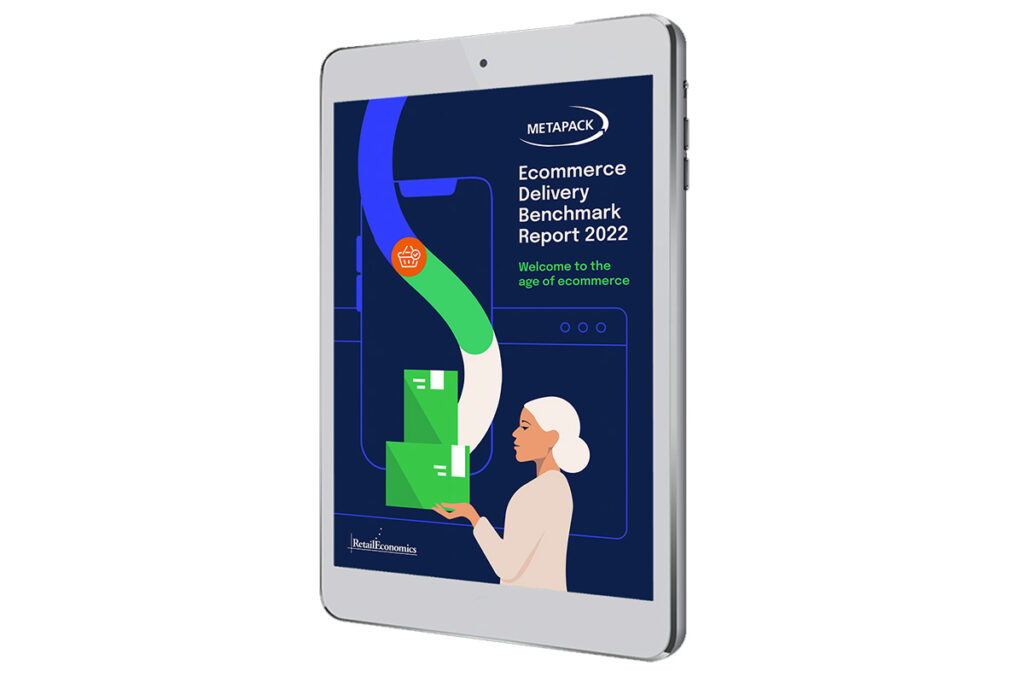A new report from Metapack uncovers the effect of negative delivery experience on consumer shopping behaviours. Amid the shift to online shopping, the research dives into consumer delivery experience across the UK, France and Germany and reveals that over two-thirds of consumers are less inclined to shop with a retailer after hearing of a negative delivery experience.
Word travels fast
Metapack’s new Post Purchase Experience Report underlines how bad delivery experiences can spread exponentially. Specifically, Metapack’s research finds that over 60% of UK consumers have shared negative delivery experiences with friends and family. Alongside this, the impact of social networks is also highlighted with almost 15% of UK consumers declaring they have posted on social media and 22% of UK consumers stating they have posted an online review, following one negative delivery experience.
Reading the report suddenly makes marketplaces focus on delivery metrics much more understandable. While on-time delivery metrics often seem overly stringent, this high level of consistent service is what consumers are demanding.
Delivery experience the differentiator
The research also reveals why it’s important for retailers to invest in their delivery ecosystem, with over 35% of consumers in the UK stating that they have stopped shopping with a retailer completely following one negative delivery experience. Alongside this, 40.6% of shoppers state to have bad-post purchases experiences with some degree of regularity. Across the different geographical markets surveyed, the frequency of bad experiences is consistent. However, when examining shoppers’ age, it’s clear that younger shoppers are reporting more frequent bad experiences.
This research is consistent with Metapack’s finding in the Ecommerce Delivery Benchmark Report 2022, which found that digital native shoppers are more than three times as likely to face negative delivery experiences compared to those aged 65+. Diving deeper, experiences were consistent across different retail categories, apart from ‘DIY & gardening’ and ‘furniture & flooring, where negative experiences were slightly more prevalent.
In today’s ecommerce-first landscape, retailers need to be investing in post-purchase experience technology and infrastructure to meet rising consumer expectations. Our new research reveals how consumers really feel about their delivery experiences and its importance when it comes to retaining customers and increasing their loyalty. It’s not just a case of consumers having disappointing delivery experiences first-hand, but also the consequential impact of hearing about delivery experience second-hand, that will be worrying retailers. Over the past few years, consumer expectations on delivery have changed to focus more on convenience, choice, and tracking, and retailers need to ensure they’re able to satisfy these needs, or risk losing customers.
-Duncan Licence, VP Global Product, Metapack
Carrier choice matters
Another notable highlight from Metapack’s new research is the growing importance of the delivery proposition as part of the overall experience, with 87% of UK shoppers stating that the range of delivery options presented to them is an important factor. Alongside this, almost 70% of UK consumers state that the carrier assigned to deliver their order also impacts on their overall delivery experience.










4 Responses
Amazing then that marketplaces allow addresses which fail courier validation. Just this morning I have a note from the courier of an eBay order where the postcode does not match the address. This is going to be late at the best, lost and INR claim at the worst.
Lots of problems delivering eBay parcels to Europe. Many of the customs require valid email addresses to write to buyers with instructions on how to pay their import duty. Obviously these emails aren’t getting through as eBay hide the buyers email addresses from sellers. The eBay generated emails don’t work- no surprise there I suppose. We are stopping selling items over 150 Euro to Europe now. Sick of returns and hassle- all because we can’t supply a valid email address to EU nations customs.
Then maybe carriers should be held more accountable for their sometimes god awful deliveries and drivers.